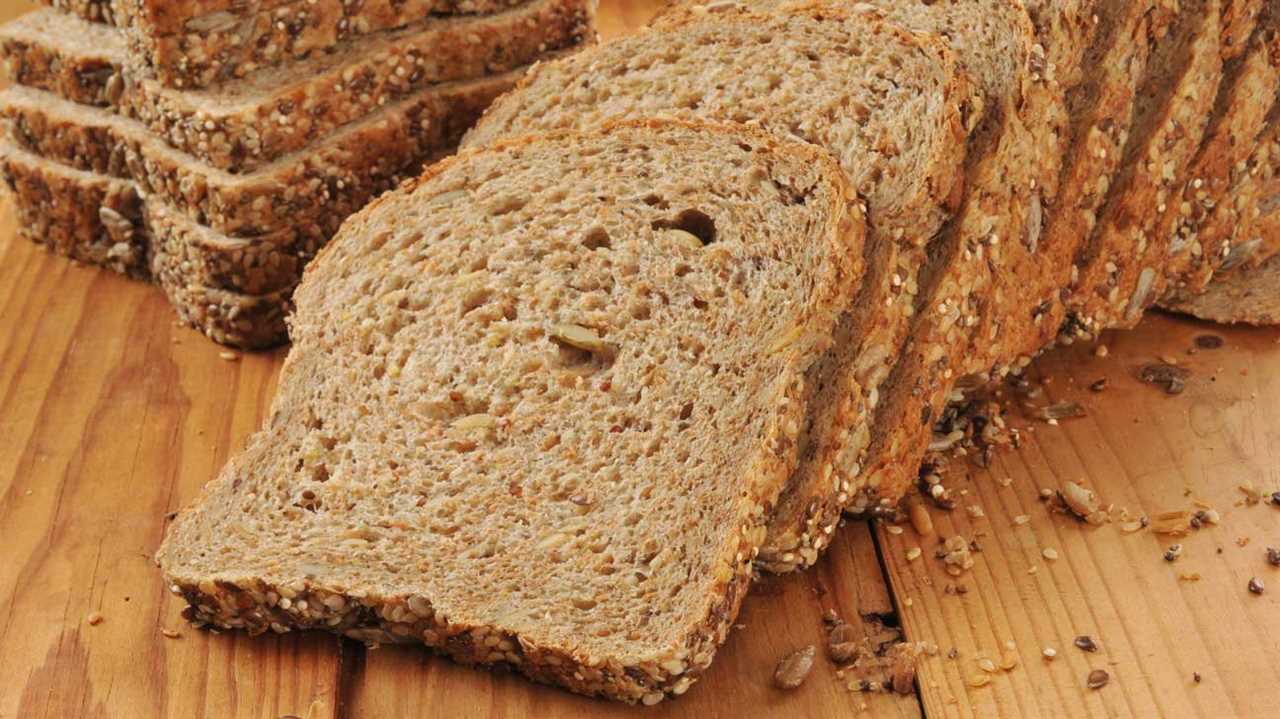
When a seed begins to sprout, the plant uses its enzymes to break down the starch and protein within the seed. This helps make the grains easier to digest.
The germination process also changes the micro-nutrient and bioactive compounds of the grains, depending on the cultivar. This is due to the effect of a variety of factors including genotype, germination conditions, pre-sowing grain treatments and post-harvest technologies.
Improved Digestion
Grains, nuts and seeds are all rich in minerals like iron, zinc, magnesium and phosphorus. But many people have issues with digesting these foods due to their phytic acid, which binds with minerals and prevents the body from absorbing them.
When sprouted, however, grains, nuts and seeds break down phytic acid and make it easier to absorb their nutrients. It also increases the total amount of enzymes in them to help your body use their full nutrient potential.
Seeds store all of their nutrition in a protective case, and during germination (the process where a grain seed begins to sprout), the seeds release enzymes that start breaking down their nutrients into easier-to-digest forms, says David Sorrells, Ph.D., of Cornell University.
This process makes the starches, proteins and fats from grains more easily absorbed by your body. It also improves your digestion by cutting complex sugars down into simple ones, which can be harder for some people to digest. And it reduces the levels of toxins, enzyme inhibitors and painful intestinal gases that can cause digestive problems.
Increased Nutrient Absorption
When seeds sprout, they’re given an extra helping of enzymes that turn the stored nutrition from protein, starch, and fat into usable forms. It’s a natural way for plants to help protect their seed storage and ensure the rest of the crop survives.
Sprouted grains and seeds are also better for you than their unsprouted counterparts, which can often be hard to digest. Sprouting breaks down the antinutrients, like phytates and trypsin inhibitors, that make it difficult for you to absorb vitamins and minerals from whole grains without grinding or cooking them first.
Adding sprouted grains to your diet increases the bioavailability of essential vitamins and minerals like folate, iron, vitamin C, zinc, magnesium, and protein. They’re more digestible, too, which can help people with gastrointestinal issues like digestive disorders, IBS, celiac disease, and irritable bowel syndrome.
Increased Soluble Fiber
The sprouting process naturally breaks down antinutrients found in whole grains and seeds, allowing the body to absorb more of their nutrients. This includes things like phytic acid, trypsin inhibitors, and tannins.
Sprouting also improves the conversion of alpha-linolenic acid (ALA) into EPA and DHA, the omega-3 fats your body needs to keep heart disease and arthritis at bay. ALA is not readily bioavailable in whole grains and seeds, so sprouting makes these essential fatty acids more available to your body.
Sprouted grains and seeds have been shown to have a greater level of soluble fiber than non-sprouted varieties, which can act as a prebiotic or fuel for beneficial bacteria in your digestive tract. This soluble fiber helps to pull waste and toxins out of the gut and regulate your bowel movements.
Soluble fiber also helps to balance blood sugar levels and lower cholesterol, which makes these foods great for a healthy diet. Luckily, sprouted grains and seeds are easy to find in a variety of food products.
Reduced Cholesterol
When a grain is sprouted, it undergoes a natural process where the seed's enzymes break down the starches into simple sugars that are easier for your body to digest. This improves digestion by allowing your body to absorb complex sugars, avoiding painful intestinal gases that can cause gas and bloating.
Sprouting also increases the body's ability to absorb vitamins and minerals, such as vitamin C, B-complex vitamins, and carotenoids. This helps reduce your risk of diseases and improves your overall health.
Sprouted grains and seeds are high in antioxidants that combat the effects of oxidative stress. These antioxidants include vitamins C and E, beta-carotene, and lutein.
Non-sprouted grains contain phytic acid, an organic acid that can block your body's absorption of calcium, magnesium, iron, copper, and zinc. Sprouted grains contain enzymes and lactobacilli that help to break down phytic acid, making the nutrients easier to absorb.
Frequently Asked Questions
Why should I choose organic?
There have been many health problems linked to conventional farming, including allergies, asthma, diabetes, obesity, cancer, birth defects and hormone imbalances. Healthy choices must be made when purchasing food.
The Environmental Working Group has the following tips for choosing "cleaner" food.
Always purchase organic fruits, vegetables and other products whenever possible.
USDA organic labels for meat, poultry eggs, milk and cheese as well butter and honey are recommended.
Avoid processed foods that are labeled "natural" or "no added ingredients."
Carefully review ingredient lists. If an ingredient is not listed, it can be added during processing.
You should choose fresh meats rather than frozen or canned. Canned and frozen foods can often have lower nutritional content like high fructose syrup.
Why is organic food so important?
Our health is dependent on organic produce. It is the best option to ensure that we eat nutritious food. It is healthier for us than any pesticides or fertilizers and it is also more eco-friendly.
Organic farming uses natural methods for growing crops without using harmful chemicals. This results in fewer environmental pollutants and makes organic farming safer. You are helping the planet and yourself by choosing organic food.
Organic food has many benefits that go beyond health. We all know how unhealthy processed foods can make us feel. Organic fruits and vegetables aren’t subject to chemicals spray. They taste fresher, look better and last longer.
This is why organic food is so important. Organic food is not only healthier for you but also for the whole world.
What are the top organic products?
Today, organic foods are the fastest-growing industries. There is still much to be done, even though we have come so far from our roots.
Organic products will be the future. Organic products are safer and better for the environment. They also make it more affordable for consumers.
They are also generally more expensive. The Organic Food Index was created to address this. We wanted to determine which foods are the most popular among shoppers today and whether these trends are changing.
The results showed that organic food is increasing in popularity. Between 2011 and 2012 the number of Americans buying organic food increased nearly 50%.
According to USDA, organic food production increased by 10% only last year. Organic food now makes up 9% U.S. agriculture output.
While organic food is certainly gaining ground, it seems that it is still an expensive choice for consumers. According to the Organic Trade Association, (OTA), organic food retail prices are nearly twice as expensive than conventional options.
Organic food is growing faster that any other sector of the food industry. You'll notice that organic food consumption has increased steadily since 2009.
According to OTA the volume of organic products sold at supermarkets grew by 14% in 2010 and 2011.
This is because consumers are looking for healthier foods. Organic food sales have been increasing in all age groups.
The younger generation is however leading the charge for organic food. Millennials are twice as likely than baby boomers to buy organic foods. And young adults under 35 years old account for 25% of all organic food purchases.
Are organic foods better for us?
The Environmental Working Group's most recent report on pesticide residues found in food shows that organic fruits and veggies had almost half the pesticide content of non-organic. They discovered that organic apples contained eight more pesticides per gram than non-organic ones, while organic strawberries contained four times as many pesticides.
Studies have also shown that organic foods reduce the risk of mercury and lead poisoning. For example, one study showed that children who ate organic meat had 33 percent lower blood lead levels than those who didn't consume organic meats. Another study concluded that pregnant women should avoid consuming conventional fish due to high levels of mercury.
Organic food is generally safer than non-organic. Experts recommend eating fresh fruits and veggies whenever possible to reduce the chance of developing cancer.
What is an Organic Food Producer?
Organic food producers make products that are organically grown. These foods include fruits and vegetables, grains, as well as dairy products.
When crops are naturally nurtured, organic food production can be achieved. This includes crop rotation, soil preparation, and pest control.
To be organic, an agricultural product must meet the strict criteria of USDA (United States Department of Agriculture).
These guidelines are designed to ensure consumers have access to safe, healthy and nutritious food.
The benefits of eating organic range from lower levels of pesticide residues and heavy metal contamination to higher nutrient content and better flavour.
USDA organic products must carry the USDA Certified Organic seal.
This certification indicates that the product meets the requirements of the National Organic Program.
Organic food not only makes us healthier but also helps to protect the environment.
Organic farming methods help conserve natural resources like water and land. Organic farming techniques also help to reduce greenhouse gas emissions which contributes to climate change.
Organic agriculture uses fewer chemical inputs and pollutes less.
Because of this, harmful gases such as ammonia and even nitrates will not build up in the air.
There are many types of organic farming, including conventional, regenerative, agroecological, and permaculture.
Conventional agriculture refers to the use synthetic inputs, such as pesticides/fertilizers.
Regenerative farming includes compost, cover crops, as well as green manures that improve soil health. It encourages biodiversity.
Agroecology promotes healthy relationships between humans and plants.
Permaculture encourages self sufficiency by designing systems that mirror nature.
Statistics
- To provide the highest quality products and services to every customer, with a dedicated workforce that puts the customer first and takes the extra step to achieve 100% customer satisfaction and loyalty. (hollinsorganic.com)
- As for organic meat, regulations require that animals be raised in living conditions that accommodate their natural behaviours (like the ability to graze on pasture), fed 100% organic feed and forage, and not administered antibiotics or hormones. (usda.gov)
- When packaged products indicate they are “made with organic [specific ingredient or food group],” they contain at least 70% organically produced ingredients. (usda.gov)
- Popular clothing brands, like Patagonia, are labelled as organic by using 100 percent organic cotton for many of their styles. (en.wikipedia.org)
External Links
ncbi.nlm.nih.gov
- PubMed: Assessment of the micronutrients found in plant foods that are produced using organic and conventional agricultural techniques - PubMed
- Comparison of the total ascorbic and phenolic acid contents of air-dried and freeze-dried marionberry, strawberry and corn grown using conventional, organic and sustainable agricultural practices – PubMed
ota.com
usda.gov
sciencedirect.com
- The impact of organic food on human health: Assessment of the status quo, prospects for research - ScienceDirect
- Technical Note: Simultaneous carotenoid- and vitamin analysis of milk coming from total mixed ration-fed cattle optimized for xanthophyll discovery - ScienceDirect
How To
How to buy organic meat even on a tight budget
In this post I'll share some tips and techniques for buying organic meat that won't break the bank.
You will learn where to buy cheap organic meats, and what they cost per pound. You will learn how to make the best out of what you purchase.
It doesn't take a lot to eat healthy. Sometimes, you have to use your creativity to save money while still eating well. Here are my suggestions for ways to cut food costs while still enjoying the benefits of organic meat.
- Buy at wholesale clubs - Costco and Sams Club are great places to shop for bulk foods like chicken breasts and pork chops. If you are fortunate enough to live near one, you may be able get discounts up to 50 lbs on large quantities. This way, you won't waste any meat. It's also possible to freeze meat purchased in bulk so that it lasts longer.
- Look online to save money on meat. Amazon offers Prime Pantry weekly deals, including free shipping for orders above $35 They offer discounts for beef roasts and ground beef as well as lamb steaks, lamb steaks, pork loins, and other items. It is easy to browse their website and check out what is on offer at different times.
- Local farmers will usually be cheaper than big-box retailers since they don't pay large fees to stock their shelves. Plus, they know exactly what their animals ate and drank, so they know exactly what's inside their bodies.
- Choose lean cuts of meat - It is usually cheaper to cook lean meat than fatty. You should always look for the best cuts. These include sirloin, tenderloin, top round, flank, and top-round steaks. These cuts are low in fat and high-protein.
- Try new recipes. Start cooking with ingredients that you have never used before. This is one of the easiest ways reduce your grocery costs. You'll be surprised at how many delicious dishes can you create using fresh tomatoes.
- Be creative with leftovers - If you have leftover cooked meat or poultry, use them for sandwiches, salads, soups, casseroles, etc. For quick lunches, leftover meat can be used to make dinners.
There you have it! That's my list of tips on how to afford organic meat even though you're on a budget. Do you have other tips? What other tips do you have for me?
Resources:
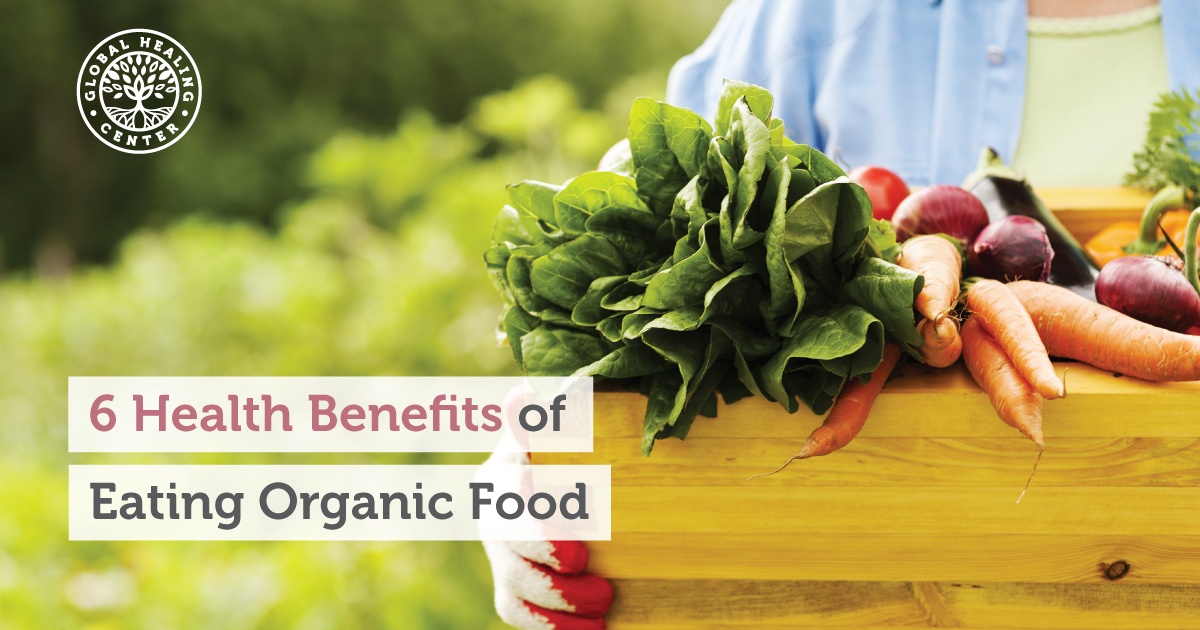 |
Nuts and SeedsNuts and seeds are nutrient-rich crunchy tidbits that add a protein, fiber and healthy fat punch to meals and snacks. They’re also a great source of.. |
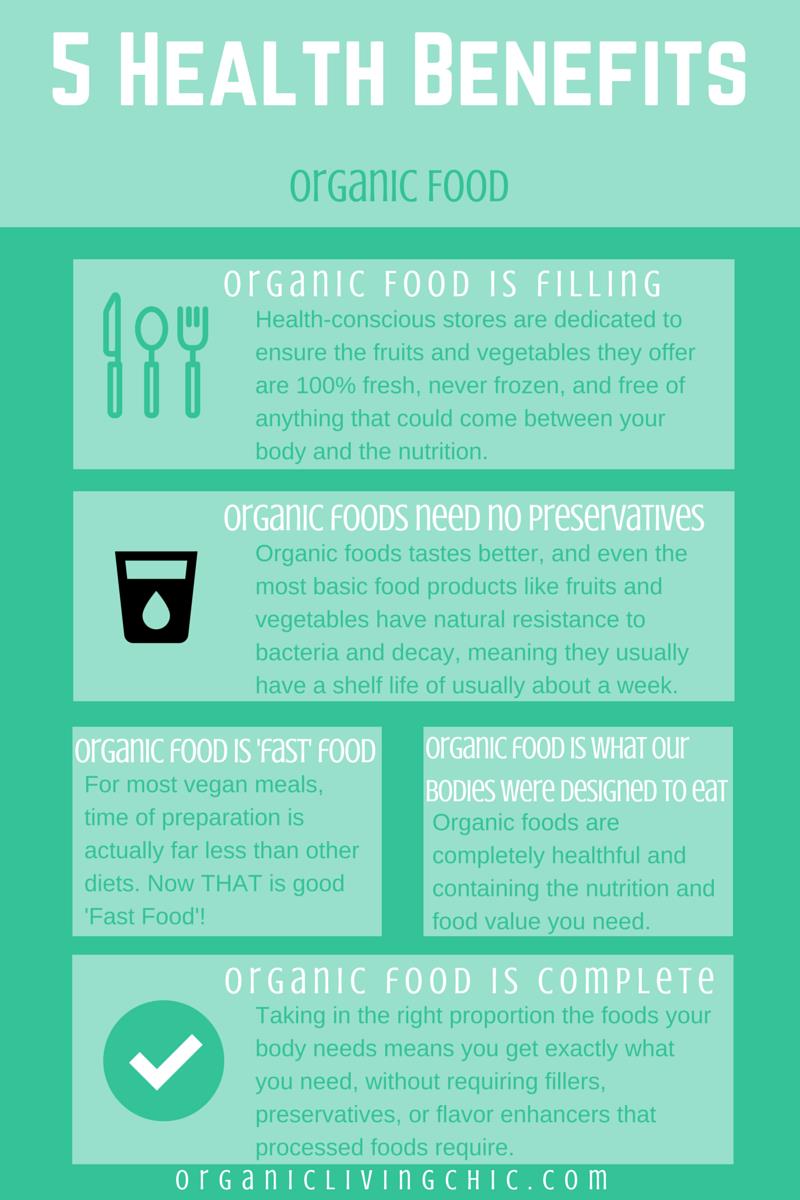 |
Organic Food For A Six Pack? The TRUTH About Organic vs Conventional Foods!Get ripped and keep your strength: http://goo.gl/uLzHn6 Hey guys, it's Clark over at Six Pack Shortcuts and today we're gonna talk about organic vs |
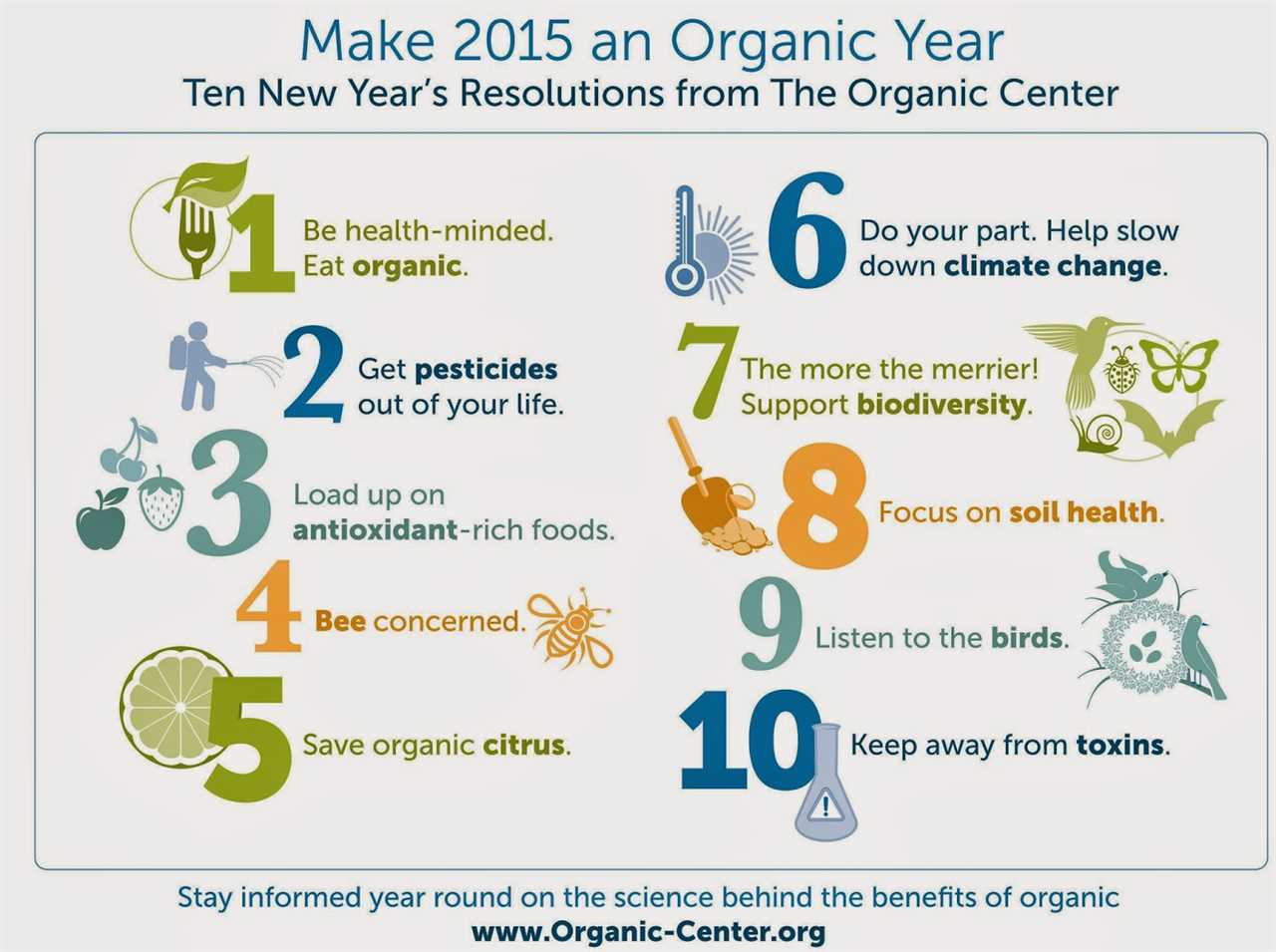 |
Organic vs Conventional Produce - The Dirty Dozen & Clean 15 ExplainedClick https://skl.sh/flavcitywithbobbyparrish to get 2 months of Skillshare for FREE! Here is a full review of the dirty dozen fruits and vegetables and |
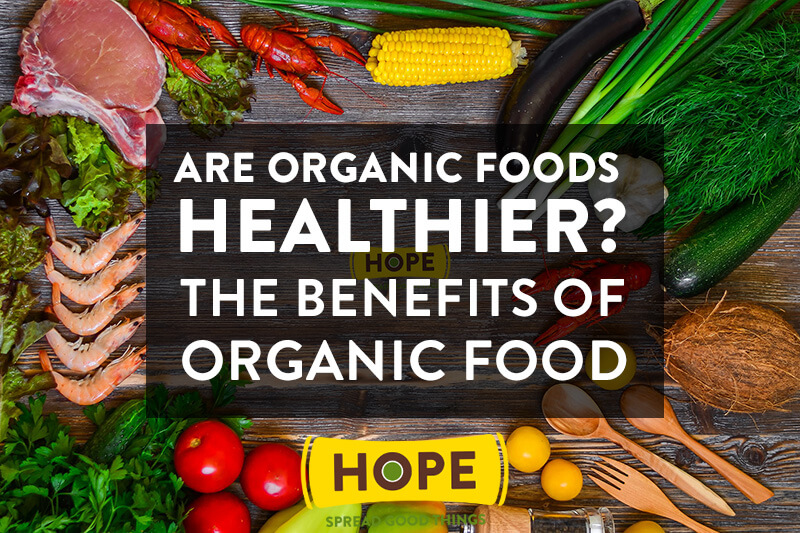 |
Are Organic Foods Really Healthier?It's widely believed that organic foods are more nutritious and safer than non-organic foods, even though the evidence is far from clear. Food certified as |
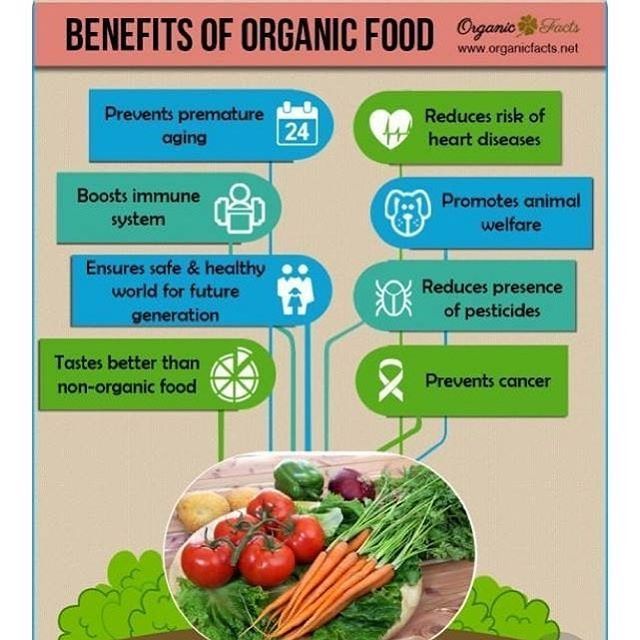 |
Are GMOs Good or Bad? Genetic Engineering & Our FoodAre GMOs bad for your health? Or is this fear unfounded? OUR CHANNELS German Channel: https://kgs.link/youtubeDE Spanish Channel: |
 |
How the food you eat affects your brain - Mia NacamulliView full lesson: http://ed.ted.com/lessons/how-the-food-you-eat-affects-your-brain-mia-nacamulli When it comes to what you bite, che […] |
 |
Is Buying Organic Food Worth The Cost?Subscribe to Goodful: https://bzfd.it/2QApoPk Goodful Goodful Feel better, be better, and do better. Subscribe to Goodful for all your healthy self care |
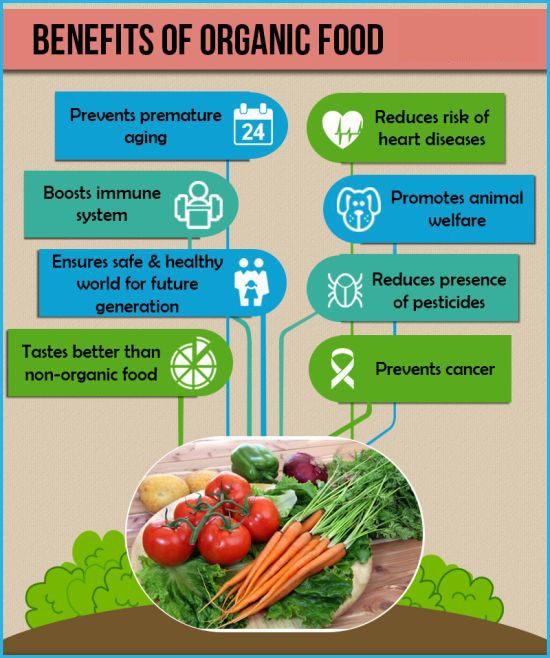 |
Benefits of Choosing Organic Gluten-Free OptionsIf you’ve been diagnosed with gluten sensitivity or celiac disease, you know how hard it can be to avoid foods containing wheat and other grains. But |
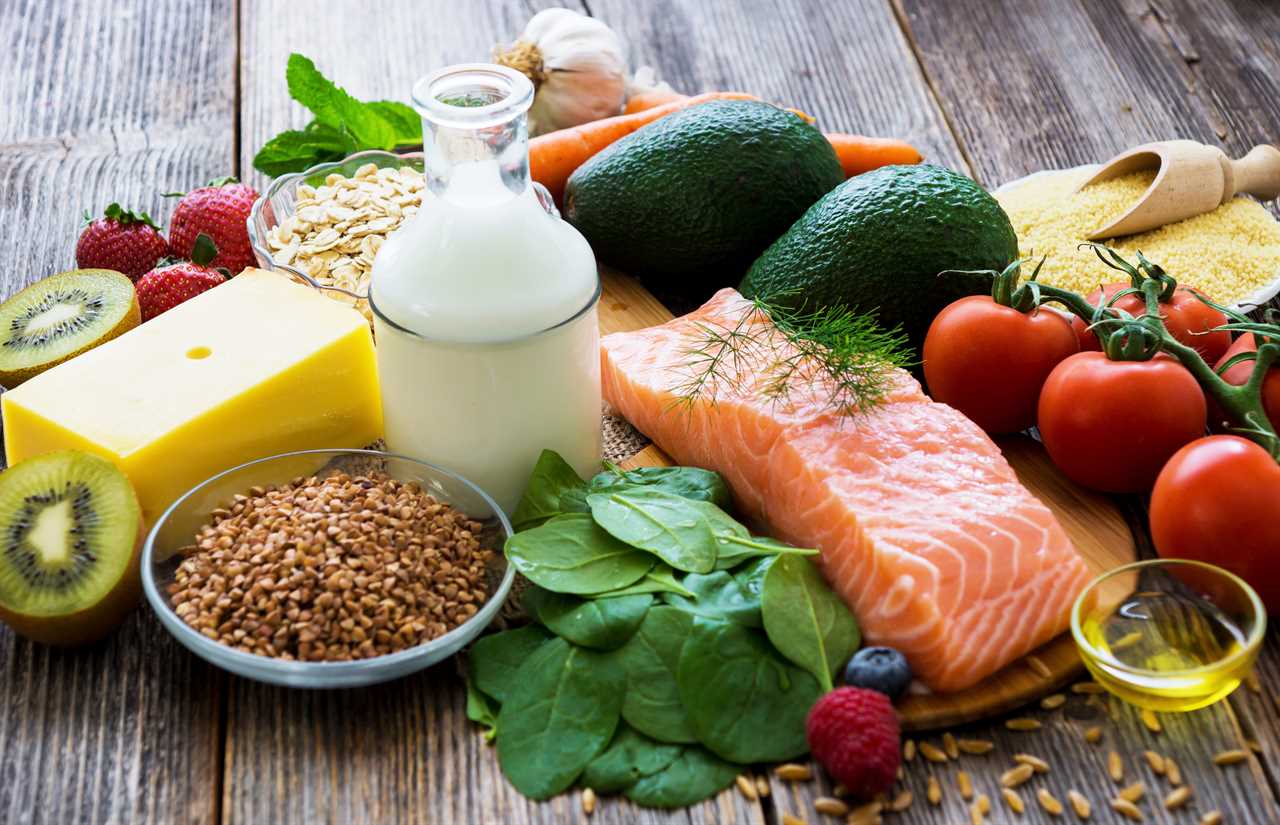 |
Joseph Wang LIVE (Bank Bailouts and Moral Hazards Deep Dive)buy my stuff Come to rebel capitalist live at https://rebelcapitalistlive.com Check out my private, online investment community (Rebel Capitalist Pro) |
 |
Organic Farming and Soil HealthOrganic farming practices promote soil health through crop rotations, symbiotic associations, cover crops and minimum tillage. These management.. |
 |
Research Reveals How Your Body Reacts When You Eat Only Organic FoodsThere is a growing belief that organic foods are healthier for us than non-organic foods. This ever-increasing belief is responsible for significant growth in |
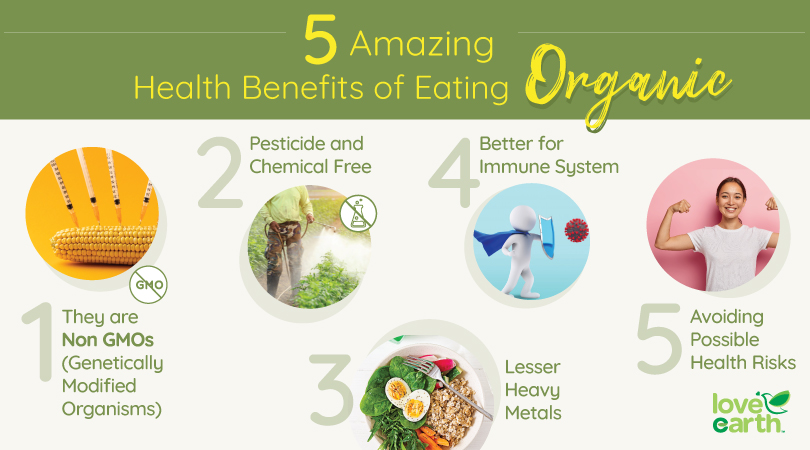 |
Stop Wasting Money on These ORGANIC Veggies (you don’t need to buy them organic)Click Here to Subscribe: http://Bit.ly/ThomasVid Get MY Recommendation on Groceries Delivered to Your Doorstep with Thrive Market: http: […] |
 |
If You Eat an Avocado a Day For a Month, Here''s What Will Happen to YouWhat Will Happen to Your Body If You Eat Avocado Every Day. The avocado is a unique fruit with multiple nutritional and health benefits. How would your body |
 |
Korean GardeningKorean gardening is one of the oldest ways to grow plants. It involves planting herbs, fruits, and vegetables that are used in kimchi, a type of.. |
 |
The Rodale InstituteThe Rodale Institute is a nonprofit organization that aims to support research into organic farming. It was founded in 1947 by J. I. Rodale, an.. |
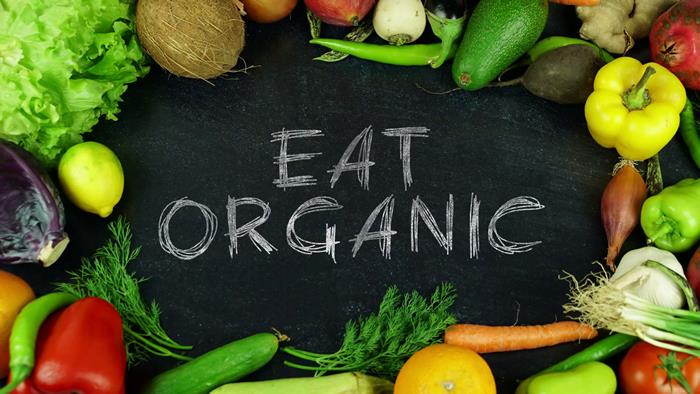 |
Organic eatingOrganic Cultur |
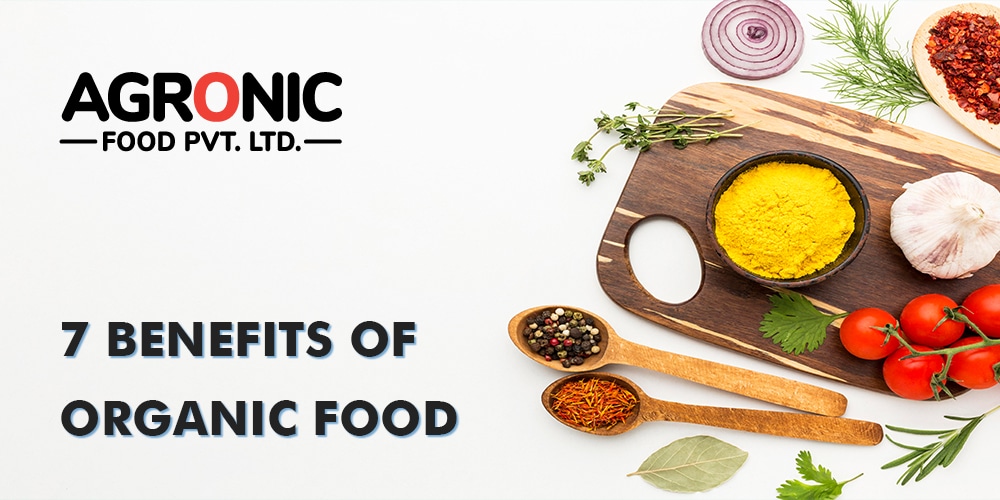 |
What is a Conventional Farm?Conventional farm is the term used to describe a farm that is not organic. It is a form of agriculture that is associated with better soil quality,.. |
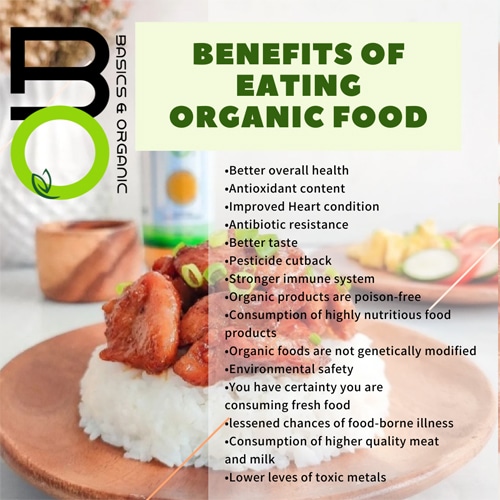 |
Chhattisgarh's Organic Farming SchoolsThe government of Chhattisgarh has started to introduce organic farming schools. This initiative is intended to provide the young generation with the |
 |
Can Organic Be GMO?The question Can organic be GMO is an ongoing debate among many consumers. While it's possible to eat foods that have been produced using genetic.. |
 |
When Did Organic Food Start?The answer to the question when did organic food start? will vary depending on the time period in which you are looking at. For instance, it may be a |
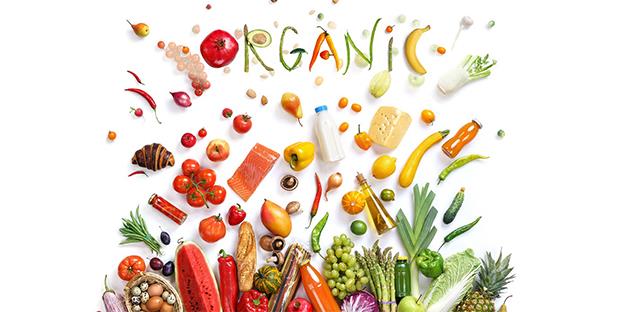 |
Organic Farming PrinciplesOrganic farming is a practice that is designed to be sustainable and healthy. Its principles include avoiding harms produced by industrial farming.. |
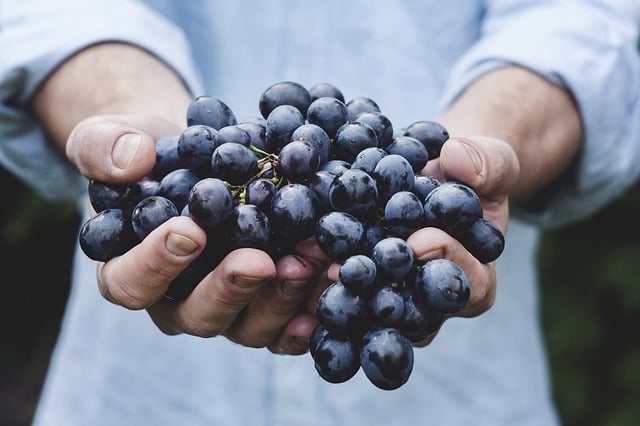 |
Soil Composition and BiodiversityThe soil that we have around us is a vital part of our lives. It is the home for many plants and animals. It also has a texture, a color, and many.. |
 |
The Benefits and Pitfalls of Organic Farming OrganizationsOrganic farming is an approach to farming that is not only ecologically sound, but also financially feasible. It is a method that is free from.. |
 |
Exotic VegetablesWhen it comes to vegetables, there are plenty of choices to choose from. Some of the most popular choices include broccoli, corn, carrots, and.. |
 |
Learn How to Become an Organic Farmer Through a Training ProgramIf you are looking to become an organic farmer, there are several ways you can do so. One option is to take a training program that will teach you.. |
 |
Benefits of Cover CropsIf you aren't familiar with cover crops, you may be surprised to learn that they are plants that are planted to grow on top of the soil to help.. |
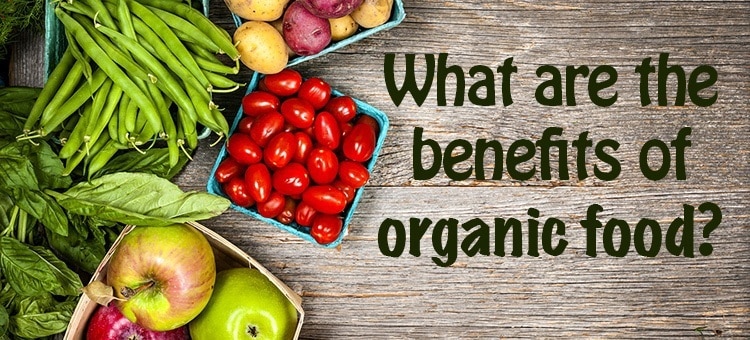 |
What is Organic Cotton?Organic cotton is the type of cotton that is grown without using pesticides or chemicals. It is also the type of cotton that is grown in subtropical.. |
 |
Is Organic Farming Beneficial to Biodiversity?Organic farming is a growing interest in the scientific community, and researchers have been investigating whether the practice is beneficial to.. |
 |
The Benefits of CompostingComposting your waste can be a very effective way of ensuring that your organic material is being broken down to the best of its ability. When.. |
 |
The Difference Between Organic Milk and Regular MilkOrganic milk is a type of milk that comes from livestock that is raised according to organic farming methods. This is a term that is regulated by.. |
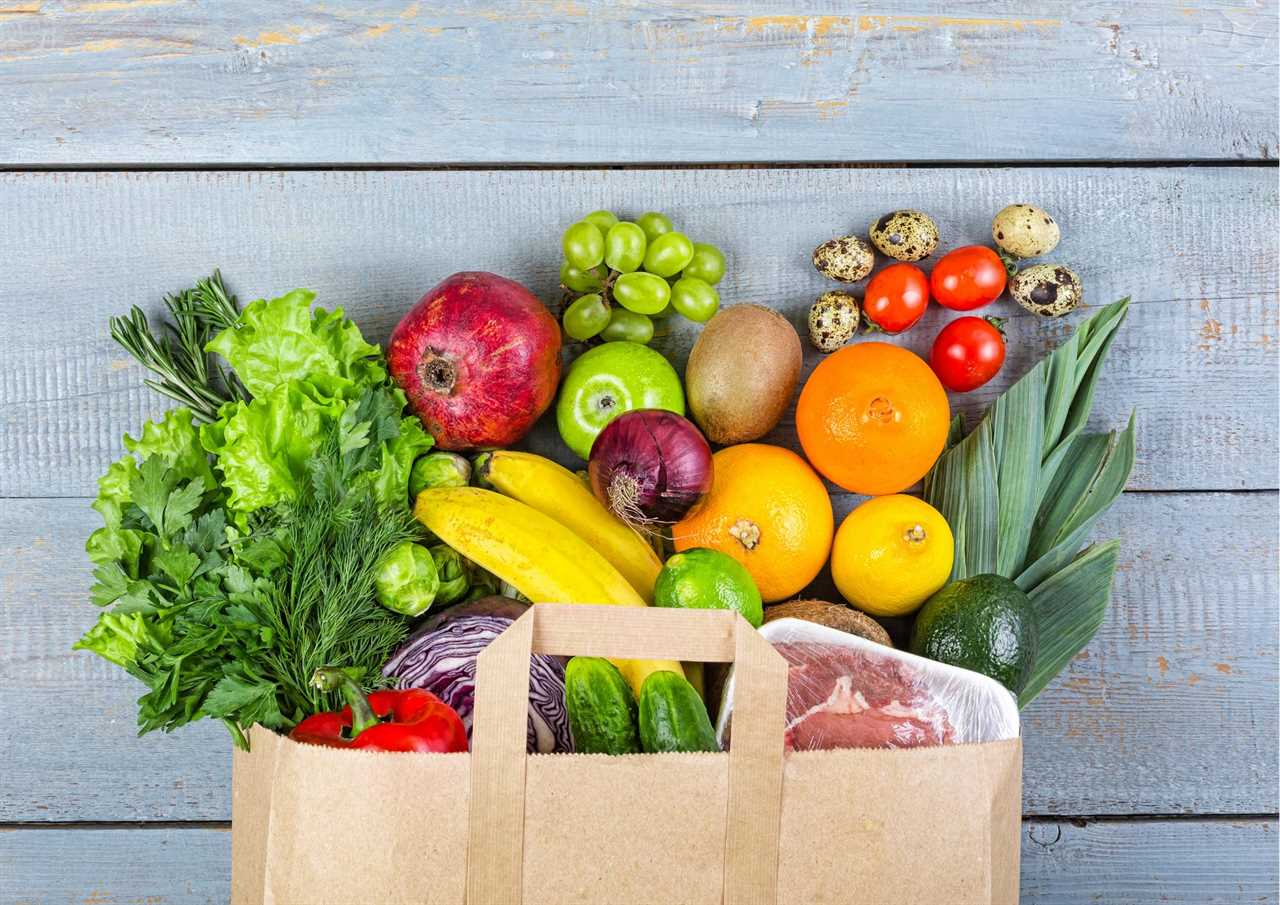 |
Organic Farming MagazineOrganic farming magazine is a resource that provides you with the latest information on organic agriculture, health, and sustainability. It also.. |
 |
The Latest Research on Organic | The Organic CenterResearched articles about eating Organic food |
.png)





